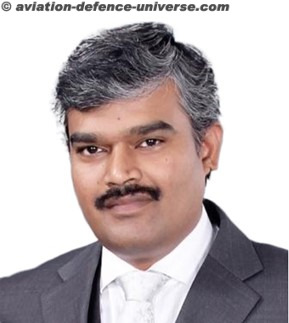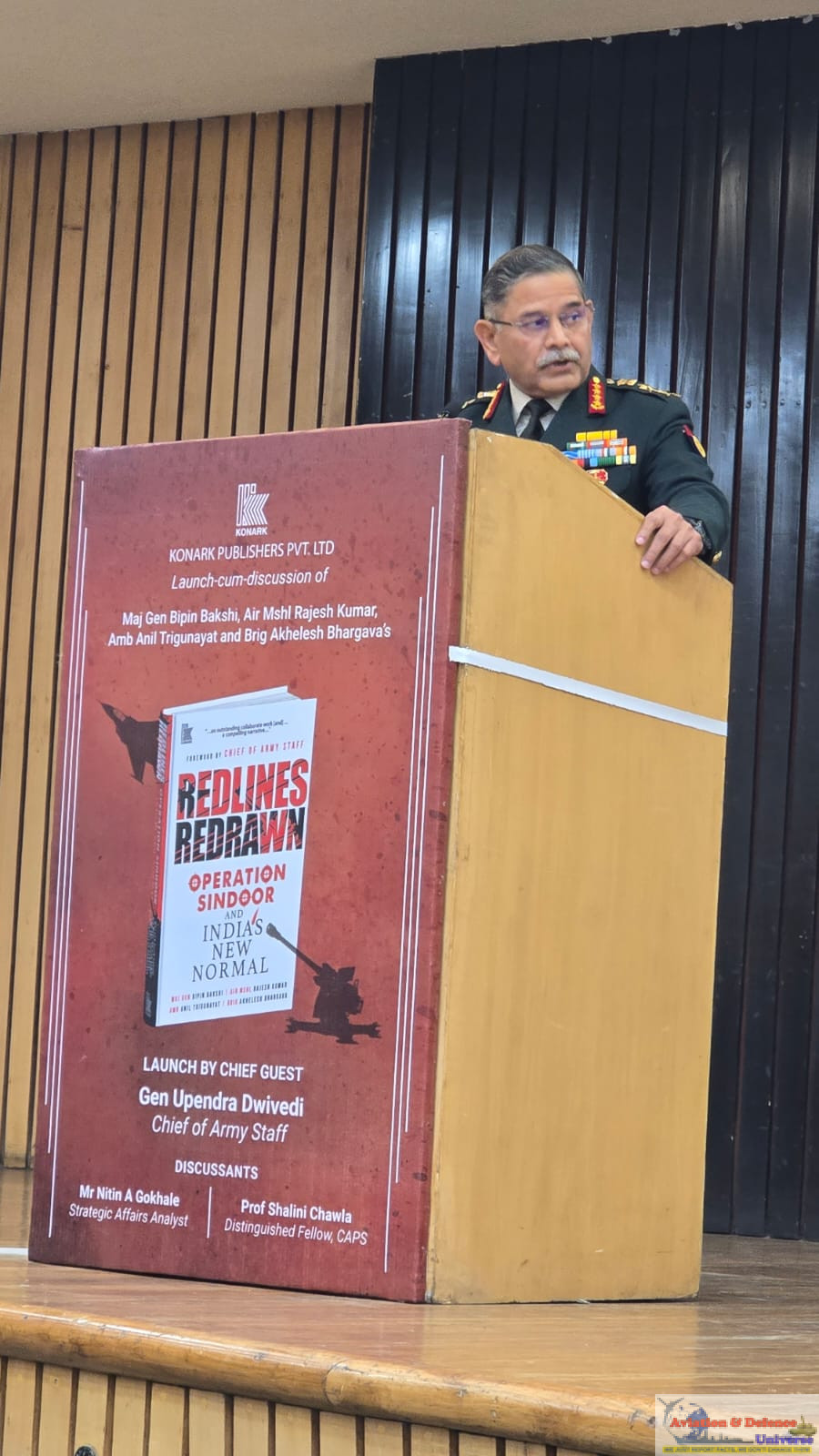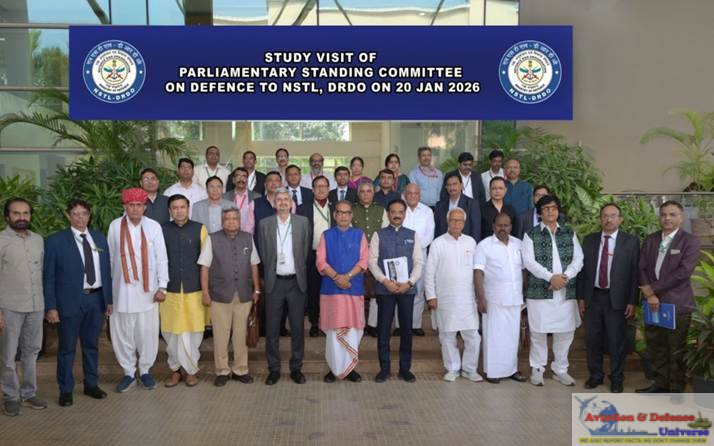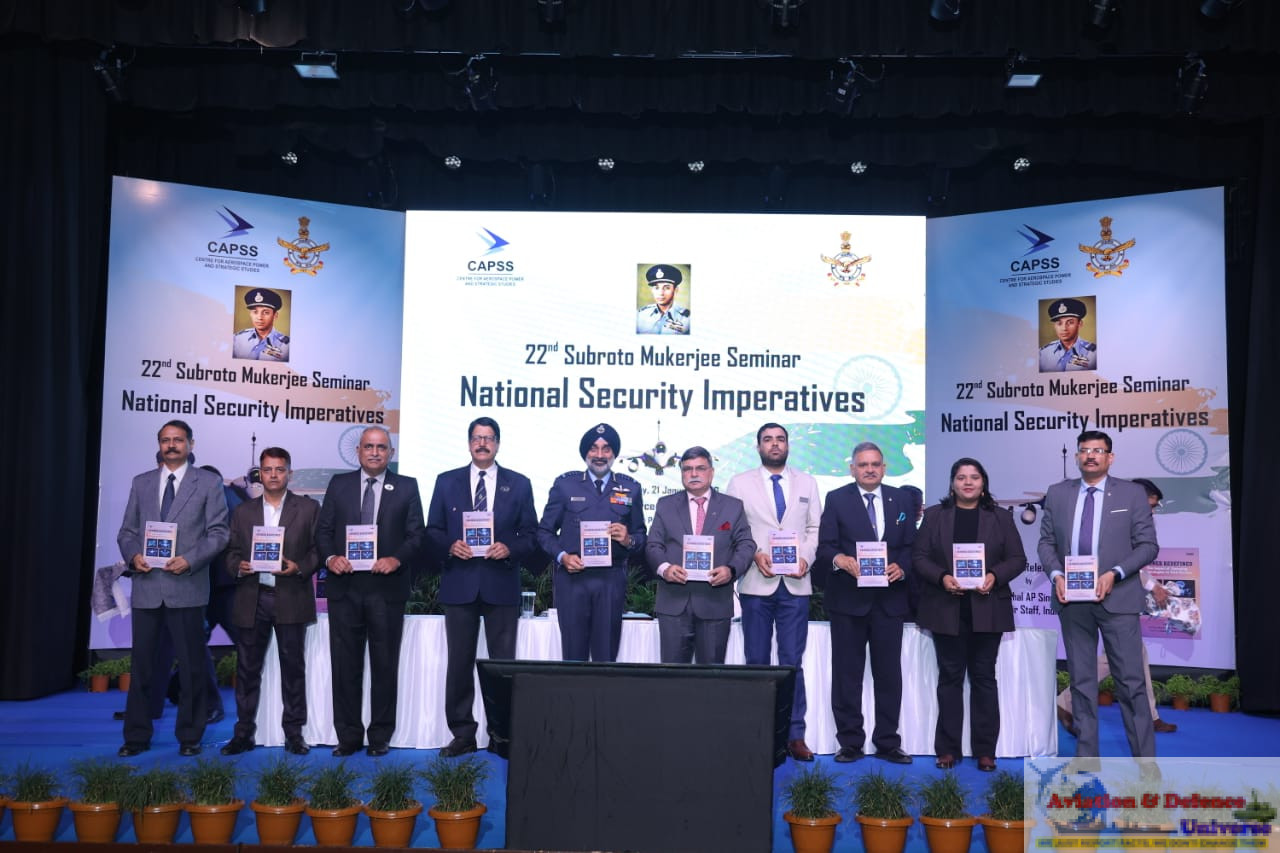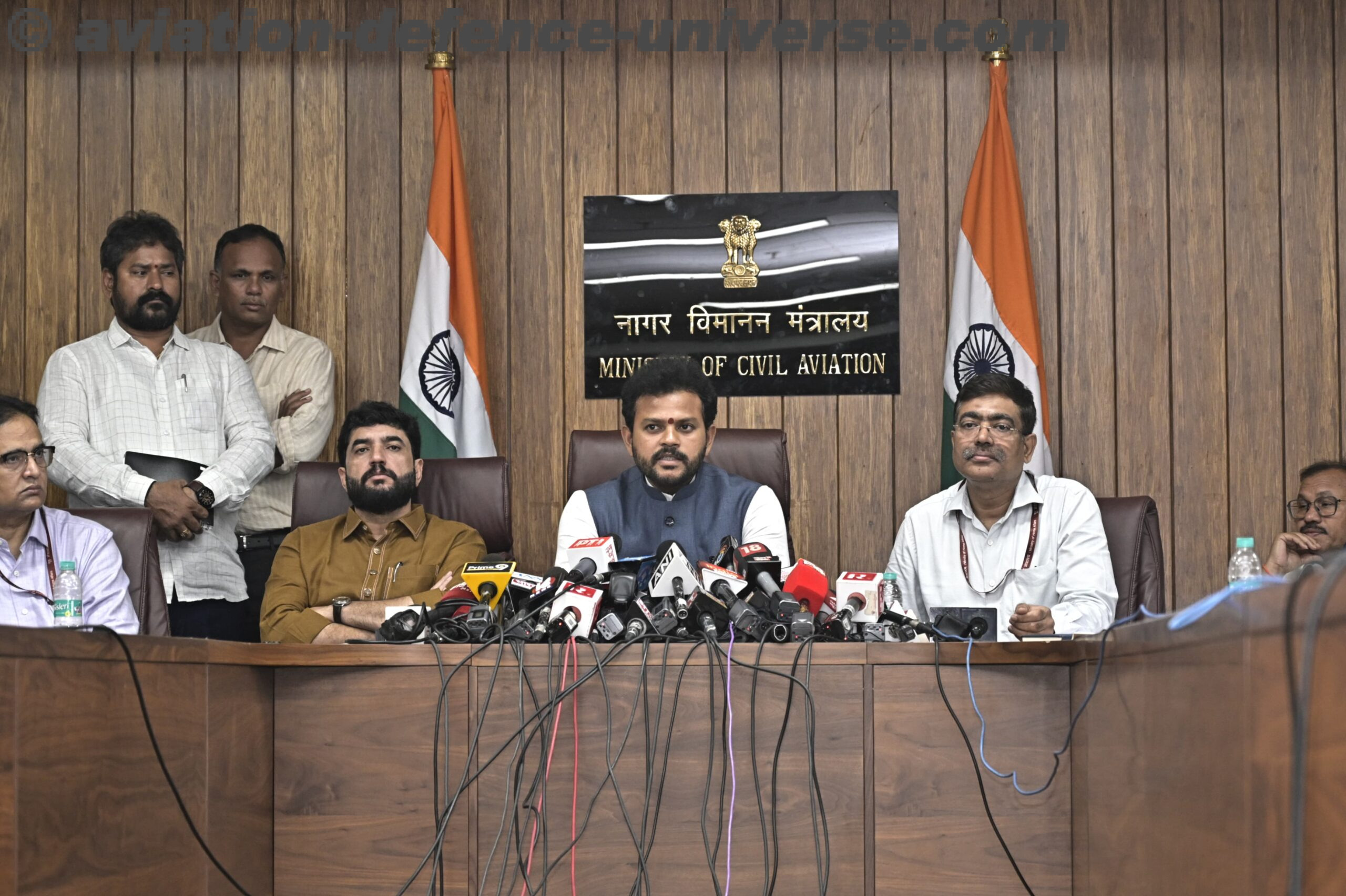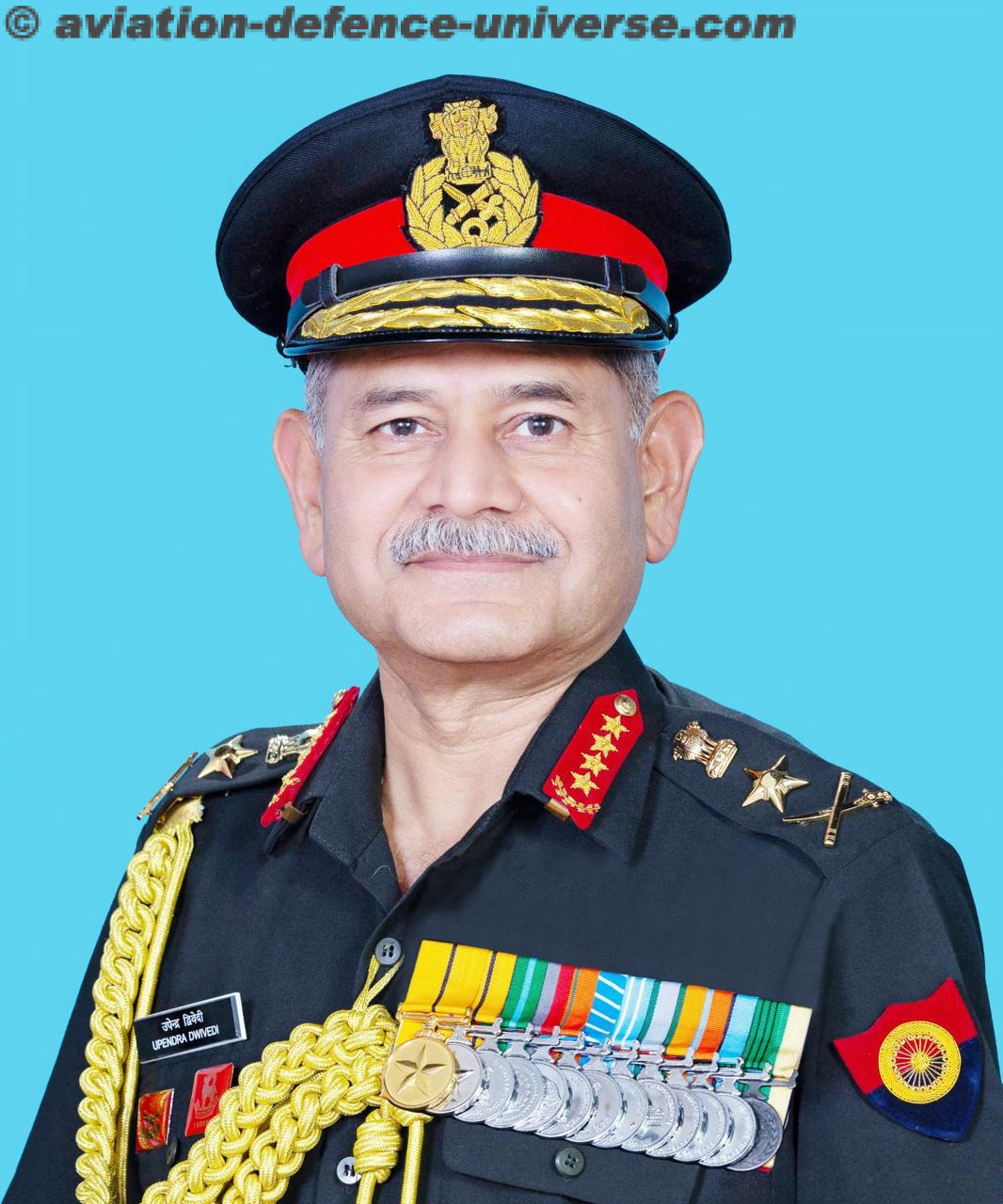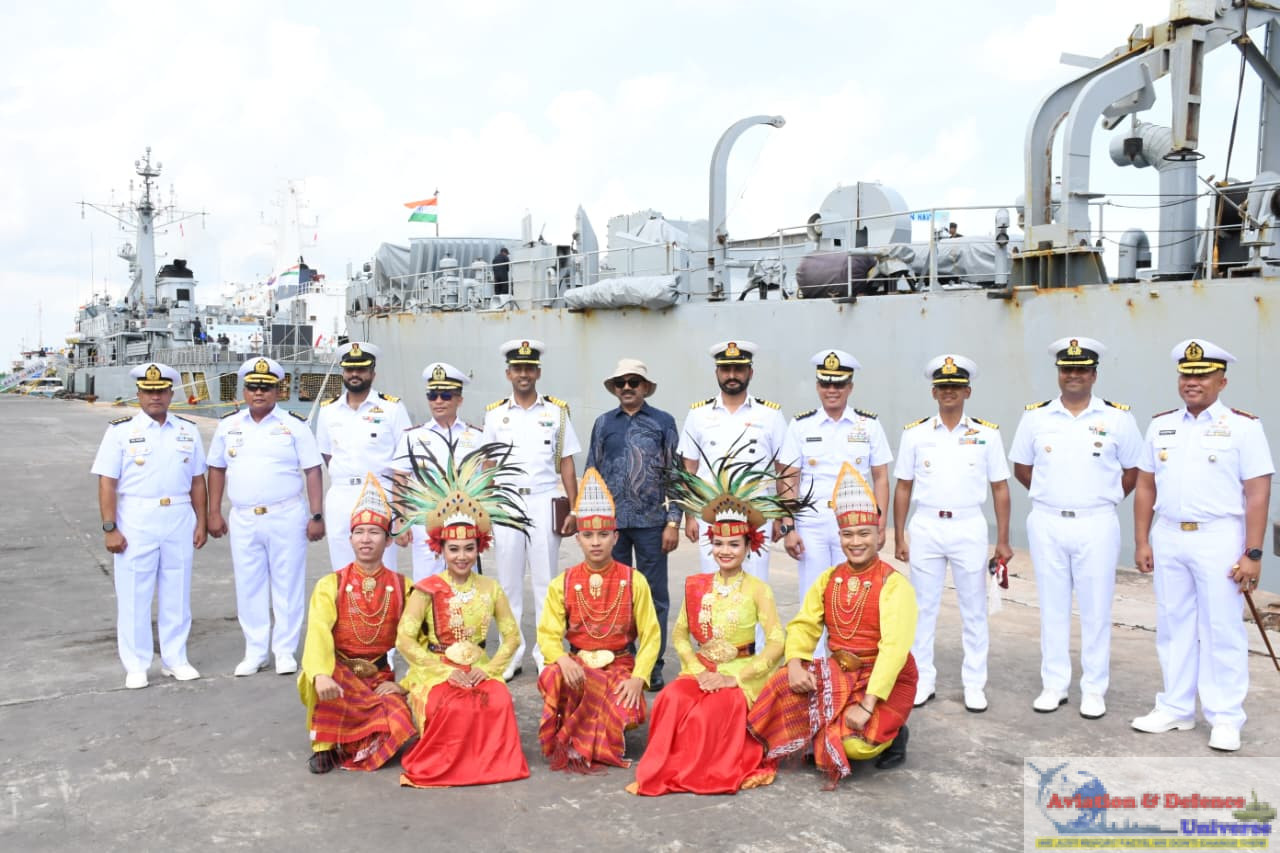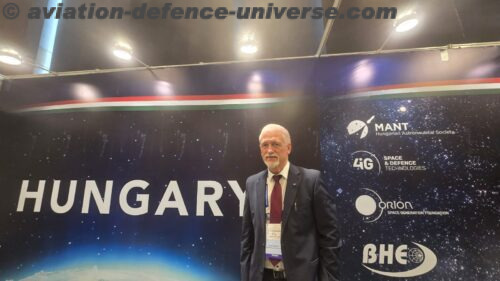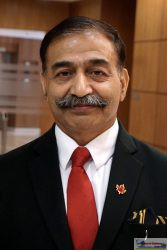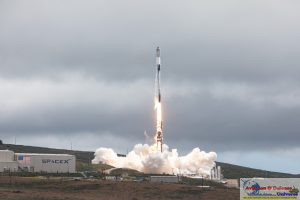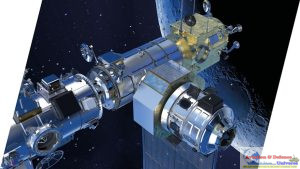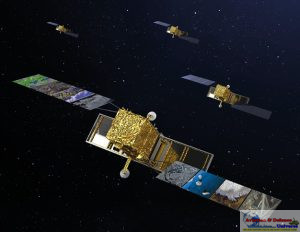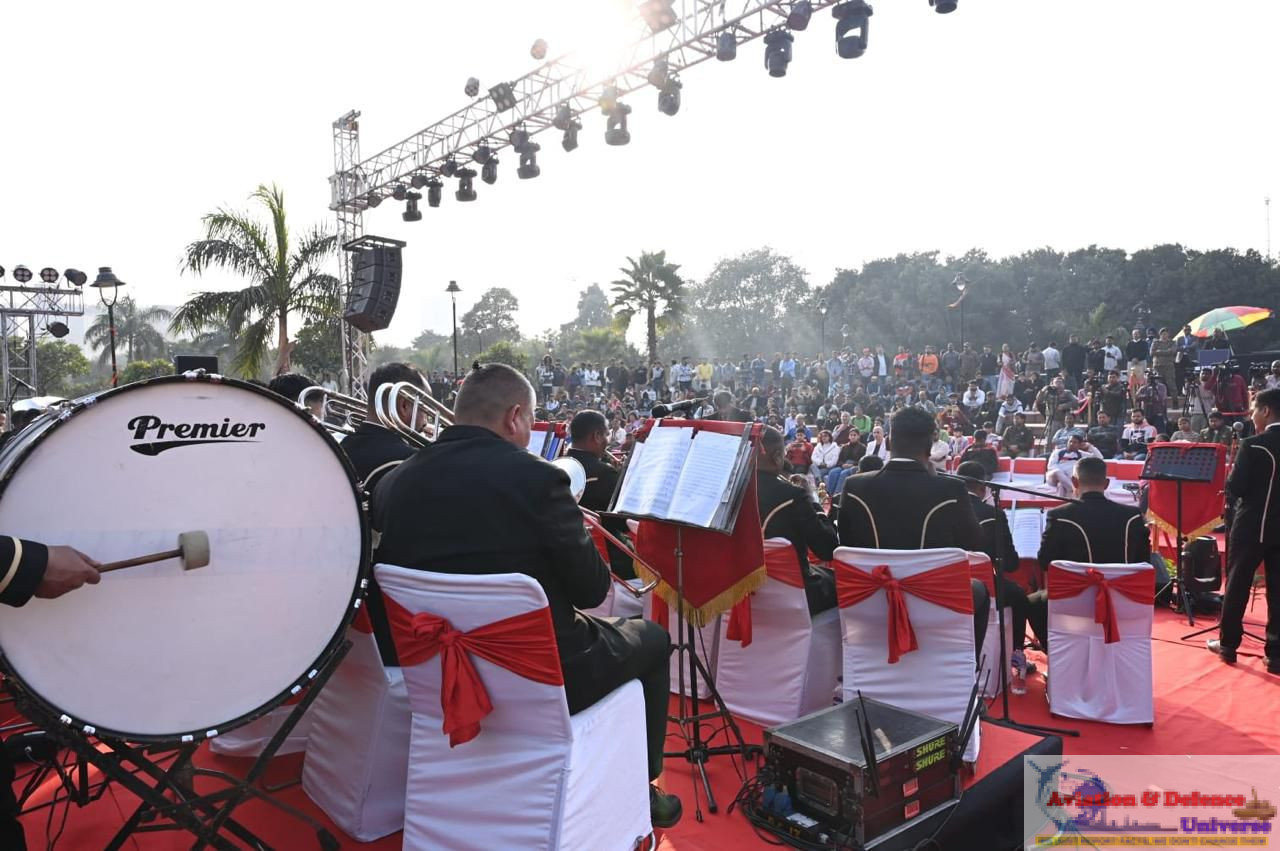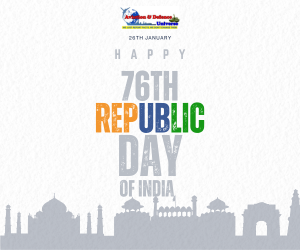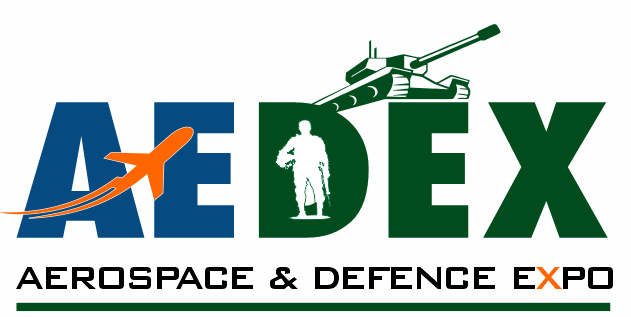- 30 Years & Counting : Hungarian Aerospace Giant Charts New Horizons in India
- Indo-Hungarian Space Bond Gets a Boost : BHE Bonn Aims to ‘Make in India’
By Sangeeta Saxena
New Delhi. 25 June 2025. India and Hungary share a deep-rooted scientific partnership, especially in the field of space research and advanced electronics. Hungarian firms like BHE Bonn have been long-time collaborators with Indian institutions like ISRO, ISTRAC, and NRSA. Their work has involved supporting ground and space segment communication systems, which are critical for satellite launches and operations. Over the years, this has fostered mutual trust and paved the way for wider cooperation in research and mission planning.
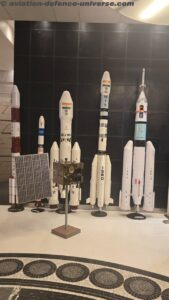 With India’s defence manufacturing opening up to global partnerships, Hungary sees a strategic opportunity to contribute its expertise in advanced electronics and communication modules. BHE Bonn’s presence at the India Space Congress 2025 is testament to this ambition. The company’s long-standing representation via KRB Instruments has ensured consistent engagement with Indian defence and aerospace projects. Now, Hungary is looking at deepening this relationship through Make in India-driven co-production ventures, tapping into India’s growing private manufacturing base.
With India’s defence manufacturing opening up to global partnerships, Hungary sees a strategic opportunity to contribute its expertise in advanced electronics and communication modules. BHE Bonn’s presence at the India Space Congress 2025 is testament to this ambition. The company’s long-standing representation via KRB Instruments has ensured consistent engagement with Indian defence and aerospace projects. Now, Hungary is looking at deepening this relationship through Make in India-driven co-production ventures, tapping into India’s growing private manufacturing base.
At the India Space Congress 2025 in New Delhi, Aviation & Defence Universe (ADU) caught up with Janos Solymosi., Director for Aerospace & Defense at BHE Bonn Hungary Electronics Ltd., a company with a three-decade-long relationship with India in the space and defence technology sector. In an engaging conversation, Mr. Solymosi shared insights into the company’s future plans, long-standing partnerships with Indian space agencies, and Hungary’s commitment to collaborative manufacturing under the Make in India initiative.
ADU. Hello Janos, we’re at the India Space Congress, and Hungary has a big presence. What are you showcasing here?
Janos Solymosi. We are here to meet existing, former, and potential partners. Though we couldn’t bring all our products—we have hundreds—we’re showcasing key state-of-the-art modules and subsystems for space communications and advanced defence electronics. These include both ground and space segment solutions.
ADU. Tell us more about your 30-year partnership with India.
Janos Solymosi. We’ve had a presence here for three decades through our reliable partner, KRB Instruments, who represent us in India. They help us organize meetings, prepare project proposals, and participate in defence and space agency tenders.
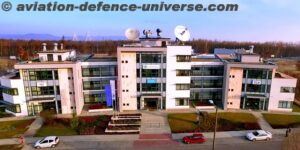 ADU. Are your main clients Indian public sector agencies like ISRO?
ADU. Are your main clients Indian public sector agencies like ISRO?
Janos Solymosi. Yes, ISRO is one of the main clients, specifically departments like ISTRAC, which handles all space communication. We also work with the Space Applications Centre in Ahmedabad, NRSA in Hyderabad, and SDSC-SHAR in Sriharikota. So yes, we’re well-connected across India.
ADU. Are you engaging with Indian private industry for manufacturing?
Janos Solymosi. We’ve begun this process. We brought concrete proposals to share manufacturing tasks with Indian partners as part of Make in India. The goal is to eventually manufacture products in India through collaborations or possibly a joint venture. These products are complex, so we’re currently evaluating suitable partners for mechanical manufacturing, assembly, and testing.
ADU. How do you view India as a strategic partner?
Janos Solymosi. The Indo-Hungarian space and defence partnership is rooted in a long-standing, respectful relationship between our scientists and institutions. India has a deep talent pool of engineers and scientists, making it an ideal partner for technological collaborations. We see immense potential in sharing knowledge, technologies, and innovations, especially now that private industry is growing on both sides.
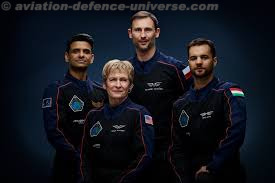 ADU. Hungary has made headlines with its upcoming space mission involving an astronaut flying alongside India’s Shubhanshu Shukla. How significant is this mission for Hungary?
ADU. Hungary has made headlines with its upcoming space mission involving an astronaut flying alongside India’s Shubhanshu Shukla. How significant is this mission for Hungary?
Janos Solymosi. This is a historic moment for Hungary. After decades, we are sending a Hungarian astronaut back into space, and to do so alongside an Indian astronaut is incredibly meaningful. It’s not just symbolic—it’s a powerful expression of the deepening Indo-Hungarian relationship in space science and technology. This mission, facilitated through cooperation between Hungary’s Ministry of Foreign Affairs and Trade and ISRO, highlights Hungary’s growing commitment to cutting-edge research and space exploration.
ADU. What does this mission represent in terms of scientific cooperation between Hungary and India?
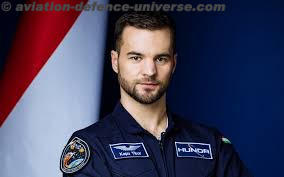 Janos Solymosi. It marks a new chapter. The flight is more than just a milestone—it’s a platform for joint microgravity experiments, shared scientific research, and collaborative astronautics. It strengthens our bilateral ties with India, a country that’s rapidly becoming a global space leader. Through this collaboration, we’re not just reaching for the stars; we’re building a long-term partnership that will benefit both our nations’ space ecosystems.
Janos Solymosi. It marks a new chapter. The flight is more than just a milestone—it’s a platform for joint microgravity experiments, shared scientific research, and collaborative astronautics. It strengthens our bilateral ties with India, a country that’s rapidly becoming a global space leader. Through this collaboration, we’re not just reaching for the stars; we’re building a long-term partnership that will benefit both our nations’ space ecosystems.
ADU. Lastly, any personal thoughts on your frequent visits to India?
Janos Solymosi. India feels like my second home. I have been visiting for many years—except during COVID—and always enjoy the culture, food, and the people. We’ve built strong friendships here, and it’s always a pleasure to be back. In aviation, both countries can benefit from collaborative innovation—India with its vast domestic market and skilled workforce, and Hungary with its specialized niche technologies and EU market access.
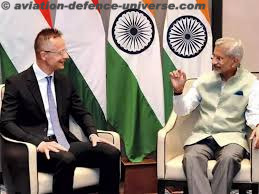 The potential for knowledge exchange, training, and joint ventures is immense, particularly in avionics, satellite systems, and dual-use defence technologies. Hungary’s admiration for India’s rapid strides in space technology complements India’s desire to build robust international partnerships beyond traditional defence allies.
The potential for knowledge exchange, training, and joint ventures is immense, particularly in avionics, satellite systems, and dual-use defence technologies. Hungary’s admiration for India’s rapid strides in space technology complements India’s desire to build robust international partnerships beyond traditional defence allies.
From showcasing next-generation subsystems to exploring joint manufacturing and educational exchanges, BHE Bonn Hungary’s ongoing engagement with India is a model of international collaboration in aerospace and defence. With ISRO and multiple agencies already on board, and discussions underway with Indian industry under the Make in India banner, the future of Indo-Hungarian space cooperation looks promising and dynamic. As Janos Solymosi. affirms, this bond is not just professional—it’s personal.
As told to Sangeeta Saxena








